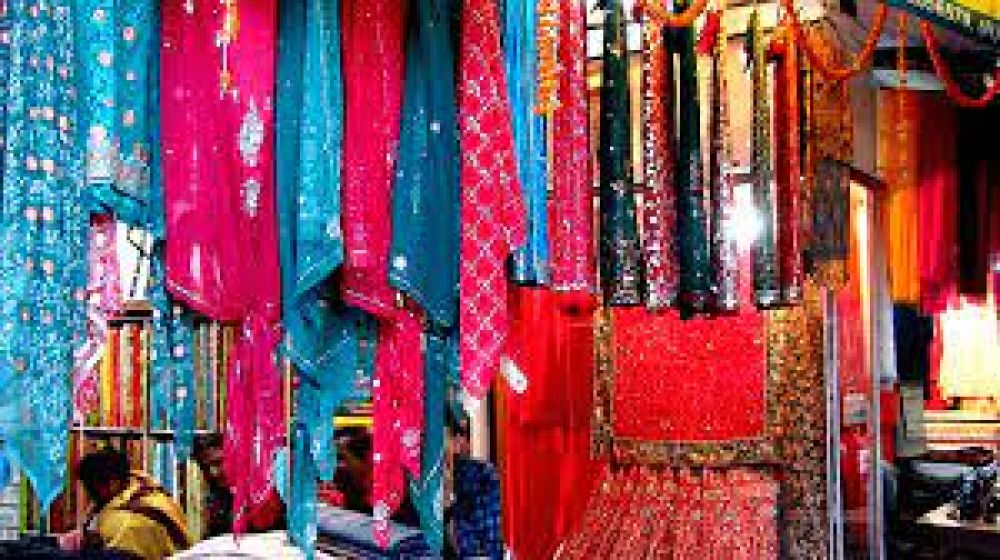

Paltan Bazaar, located in the bustling city of Dehradun, the capital of Uttarakhand, India, is not only a shopping hub but also a place with a rich blend of culture and history. The market, positioned near the famous Clock Tower, has been a vital part of the city's tourism and serves as a gateway for travelers heading towards the picturesque hill stations of Mussoorie and the Char Dham.
The history of tourism in Paltan Bazaar is intertwined with the history of Dehradun itself. The market has been in existence since the British colonial era and was originally a meeting place for people from the military or 'Paltan' in Hindi, hence the name. Over time, it grew to become a commercial center that attracted not only locals but also tourists from far and wide.
After India's independence in 1947, Paltan Bazaar continued to flourish. Due to its strategic location as a gateway to prominent tourist destinations in the state, the market witnessed a constant flow of visitors and slowly developed into a hub for both shopping and cultural experiences.
In the past, Dehradun was primarily a stopover for tourists, but with time, destinations such as Paltan Bazaar became attractions in their own right. With its array of shops selling everything from woolen garments, books, handicrafts to delicious local sweets, the bazaar offers an authentic experience of Dehradun's hustle and bustle.
Tourists have found the market an ideal place to purchase souvenirs, such as the famous Basmati rice of Dehradun or the unique handicrafts of Uttarakhand. Moreover, its close proximity to other attractions such as the revered Ghanta Ghar (Clock Tower), the religious site of Tapkeshwar Temple, and the Indian Military Academy, has bolstered its status as a must-visit spot.
In recent years, Paltan Bazaar has embraced modernity while still retaining its traditional charm. The emergence of contemporary cafes that offer local organic products and the increased availability of homestays and budget-friendly hotels in the area reflect the changing dynamics of Dehradun's tourism industry. Visitors seeking an immersive experience can now easily stay close to this vibrant market.
Eco-tourism has also seen a rise, with travelers preferring to explore destinations that offer sustainability. Paltan Bazaar, being in the ecologically-sensitive state of Uttarakhand, has seen an increasing number of shops and establishments adopting eco-friendly practices to cater to this growing demand.
Apart from shopping and dining, walking tours around the bazaar are becoming popular among tourists who wish to delve deeper into the culture and history of Dehradun. These tours often include visits to colonial-era buildings, lesser-known lanes, and interactions with locals, providing a fuller picture of the bazaar's heritage.
As Paltan Bazaar continues to evolve, it remains one of Dehradun's crown jewels in terms of tourism. While it draws visitors from across the globe, the market stands firm in its roots, offering a seamless blend of the old world and the new, and promising an enriching experience to all who wander through its lanes.